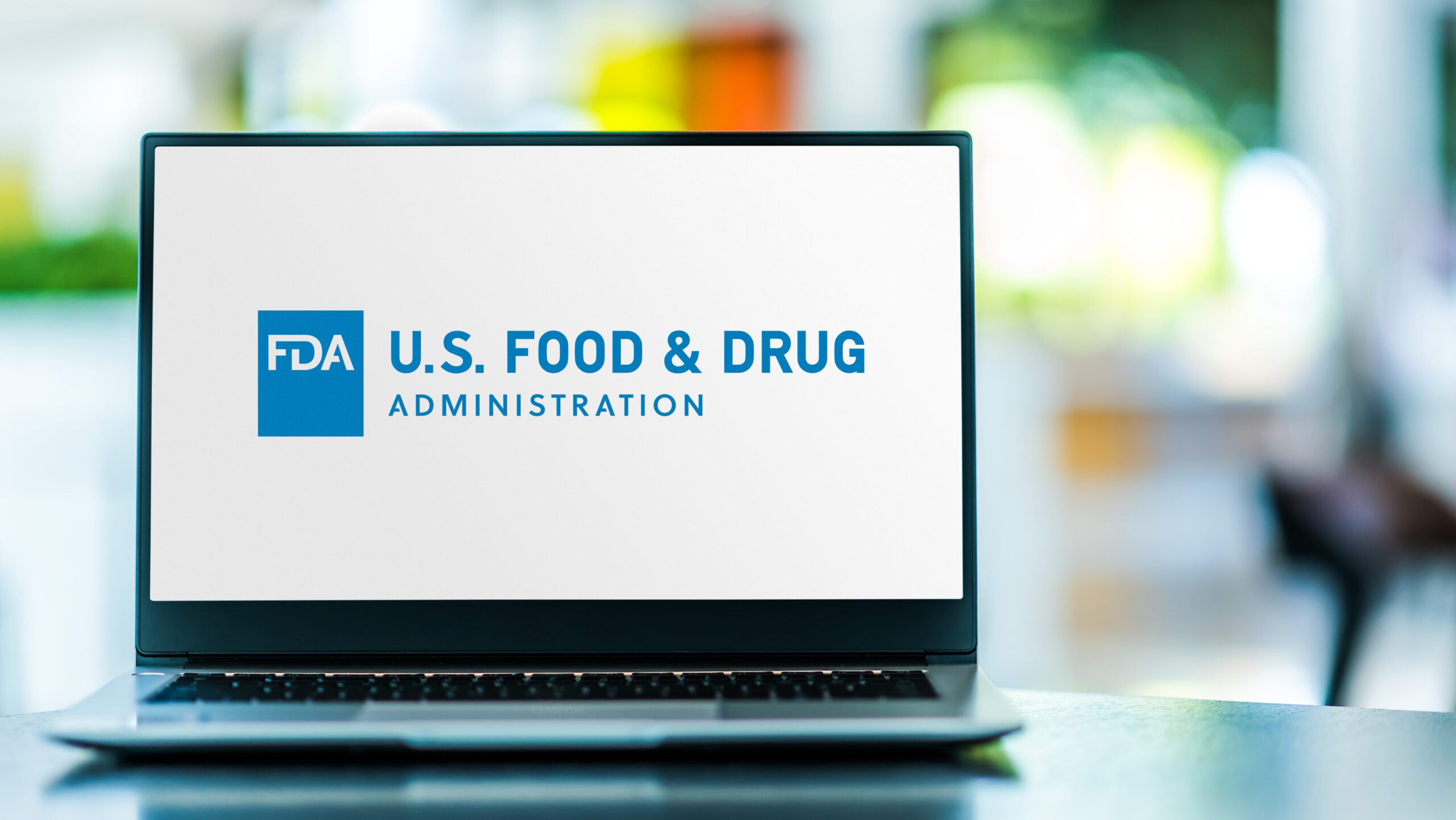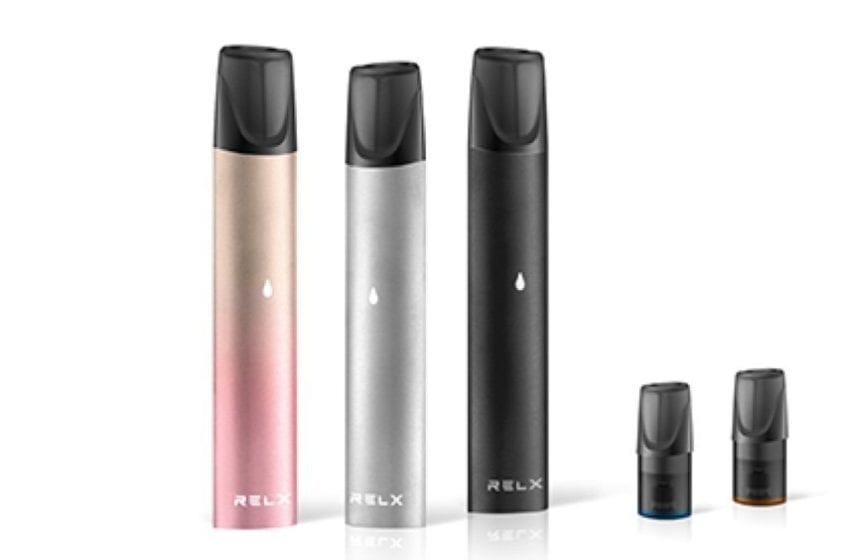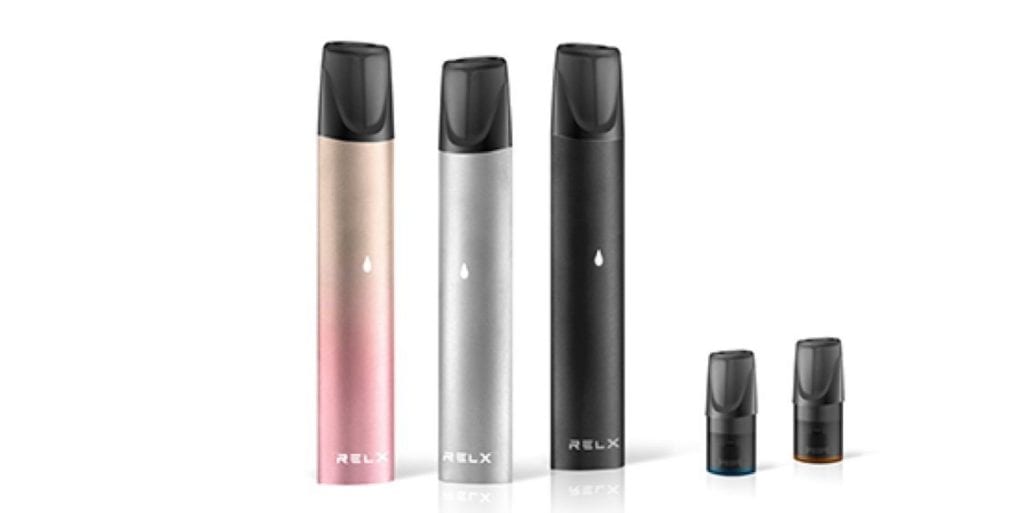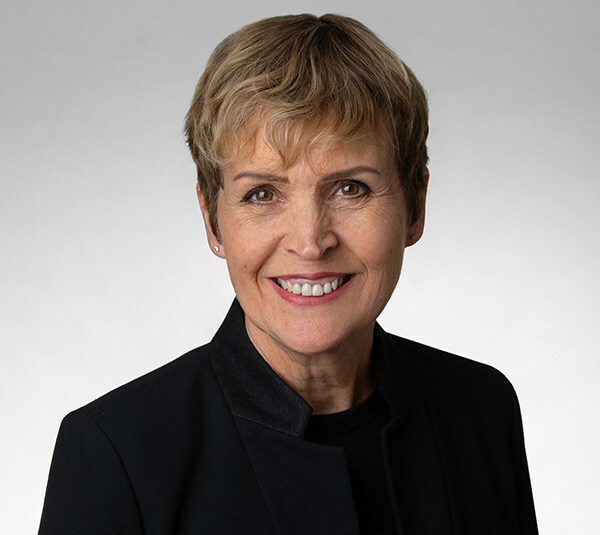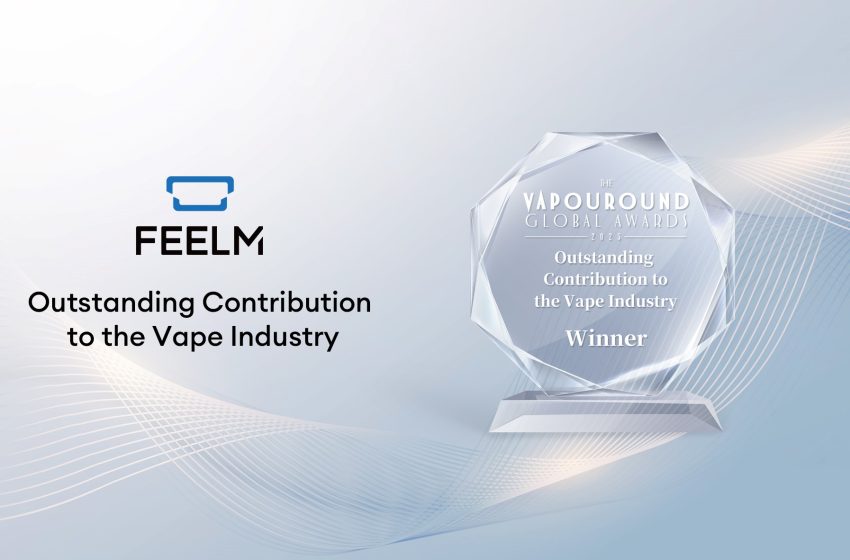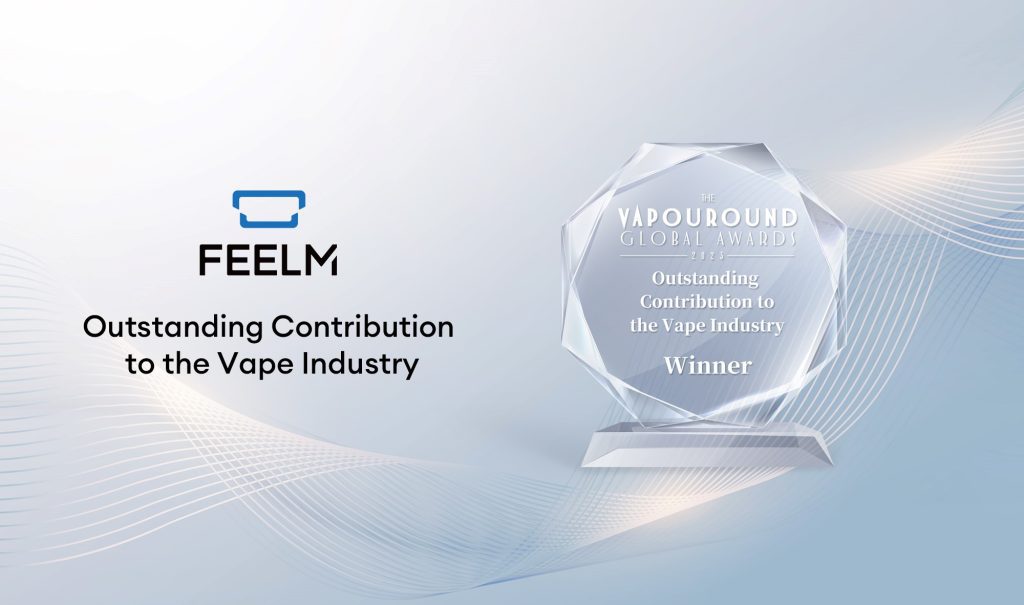
The U.S. Food and Drug Administration on May 18 issued marketing denial orders to Mother’s Milk WTA for more than 250 flavored and tobacco-flavored e-liquids.
After completing an initial acceptance review and subsequently proceeding to and completing a substantive scientific review of the company’s premarket tobacco product applications (PMTAs), the FDA determined that the applications lacked sufficient evidence to show the products are appropriate for the protection of public health.
For example, the applications did not provide sufficient evidence to show comparative health risk data relative to other tobacco products on the U.S. market, information assessing the abuse liability of the new products, or that the new products could be manufactured consistently.
“One of our most important responsibilities is to ensure new tobacco products undergo scientifically rigorous premarket review,” said Matthew Farrelly, director of the Office of Science within the FDA’s Center for Tobacco Products, in a statement. “We remain committed to evaluating these applications based on a public health standard that considers the risks and benefits of the tobacco product to the population as a whole.”
The agency has received premarket tobacco applications for more than 26 million deemed products, most of which are e-cigarettes. The agency says it has made determinations on 99 percent of these applications. This includes more than 1 million applications for non-tobacco nicotine products, including those containing synthetic nicotine, after Congress clarified FDA’s authority to regulate these products in April 2022.
Further, FDA has authorized 23 tobacco-flavored e-cigarette products and devices, which are the only e-cigarettes that currently may be lawfully sold or distributed in the U.S. FDA has also denied marketing applications for millions of products that did not meet the requirements in the law.












